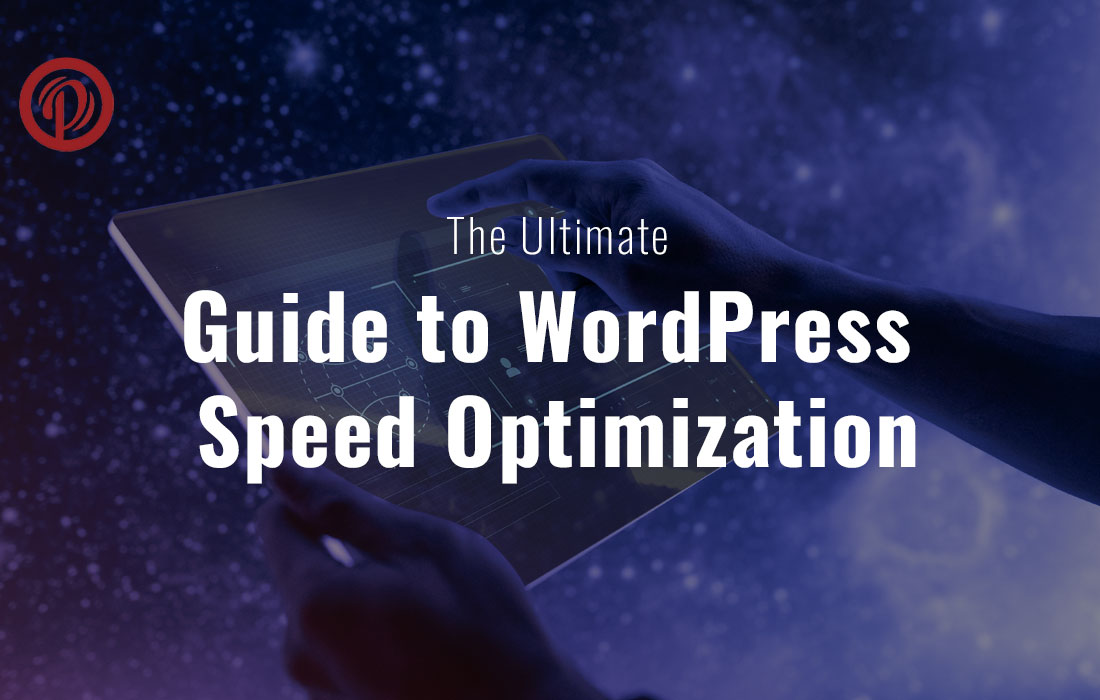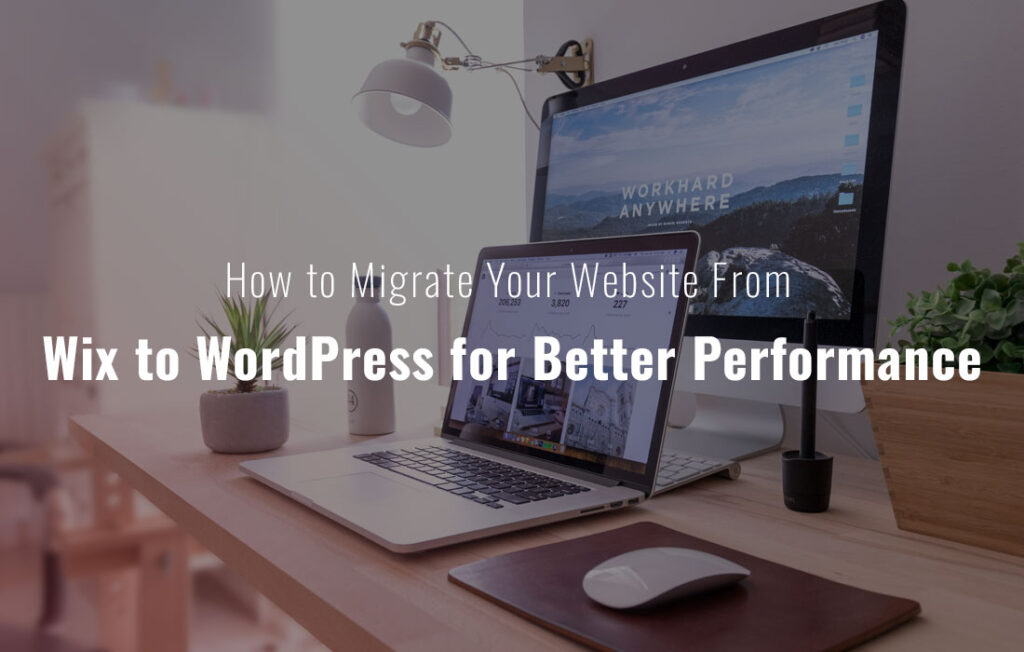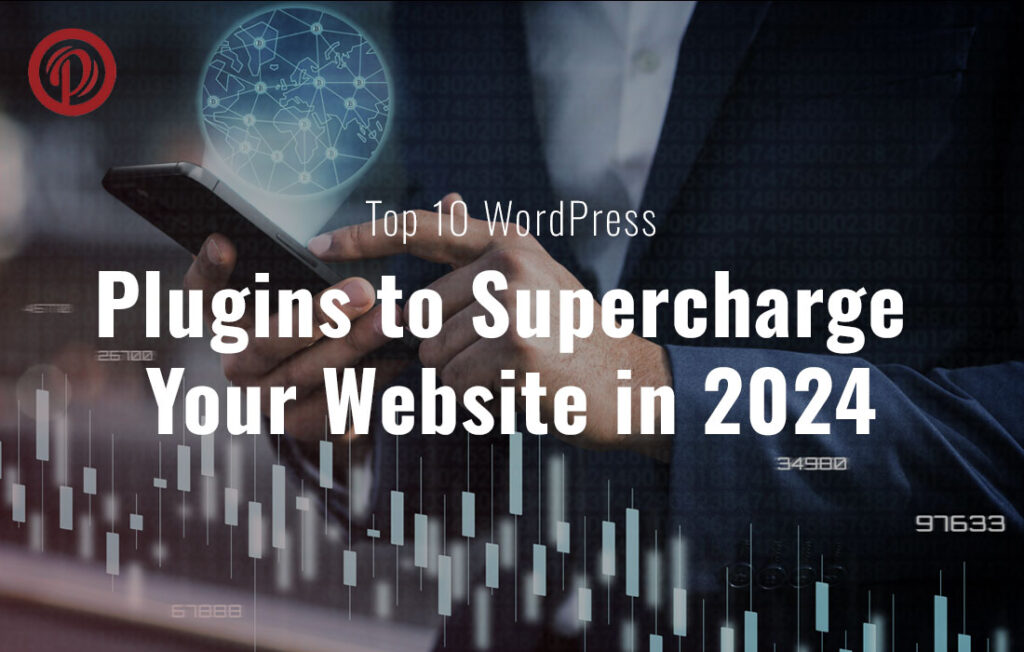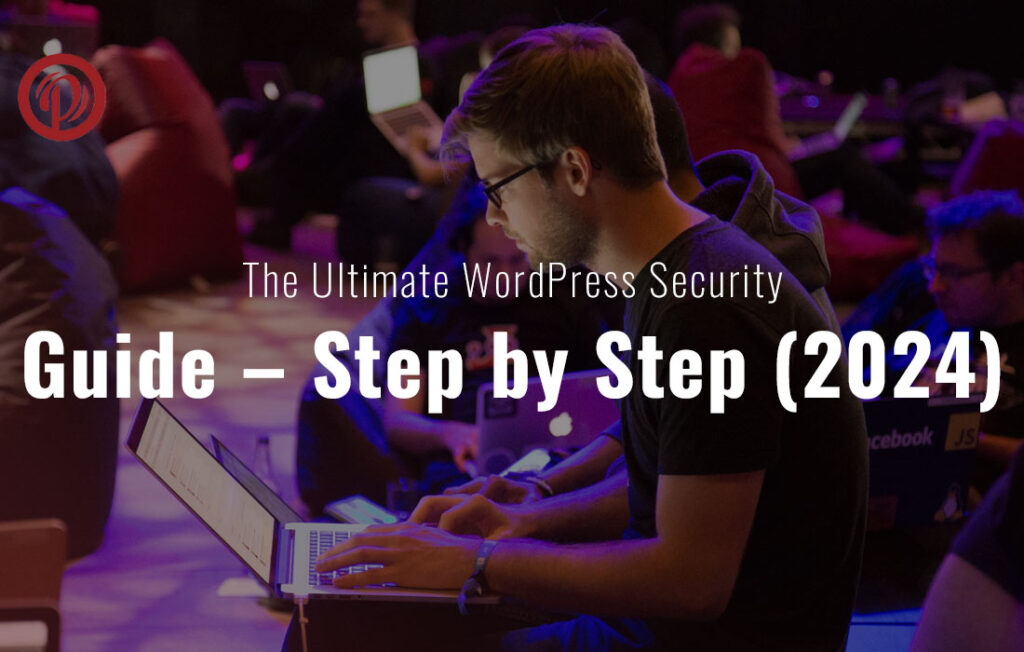Guide for WordPress Speed Optimization, in today’s fast-paced digital world, website speed plays a crucial role in user experience and search engine rankings. If you’re running a WordPress website, optimizing its speed should be a top priority. Slow-loading websites can lead to higher bounce rates, lower conversions, and frustrated visitors. In this ultimate guide, we’ll explore various techniques and best practices to help you supercharge your WordPress site’s performance.
Table of Contents

Selecting a lightweight theme that follows WordPress coding standards can greatly enhance your site’s speed. Avoid themes packed with unnecessary features and complex design elements, as they can slow down your website. Look for themes that are regularly updated, optimized for speed, and come with good support from the developers.
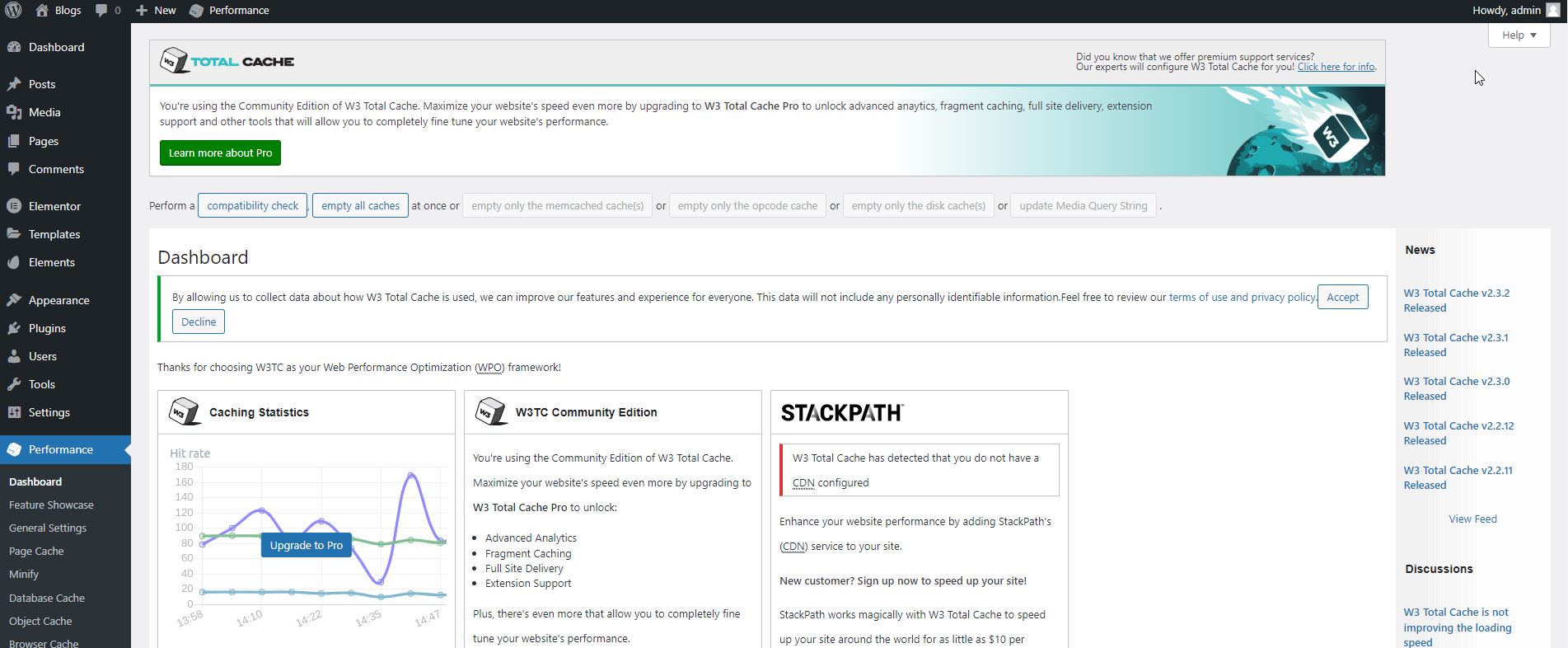
WordPress caching plugins can dramatically boost your website’s performance by generating static HTML files and serving them to visitors, reducing server load and page load times. Popular caching plugins like W3 Total Cache and WP Super Cache are easy to install and configure, helping you achieve significant speed improvements. With this “Guide for WordPress Speed Optimization,” make sure to install a reliable caching plugin.
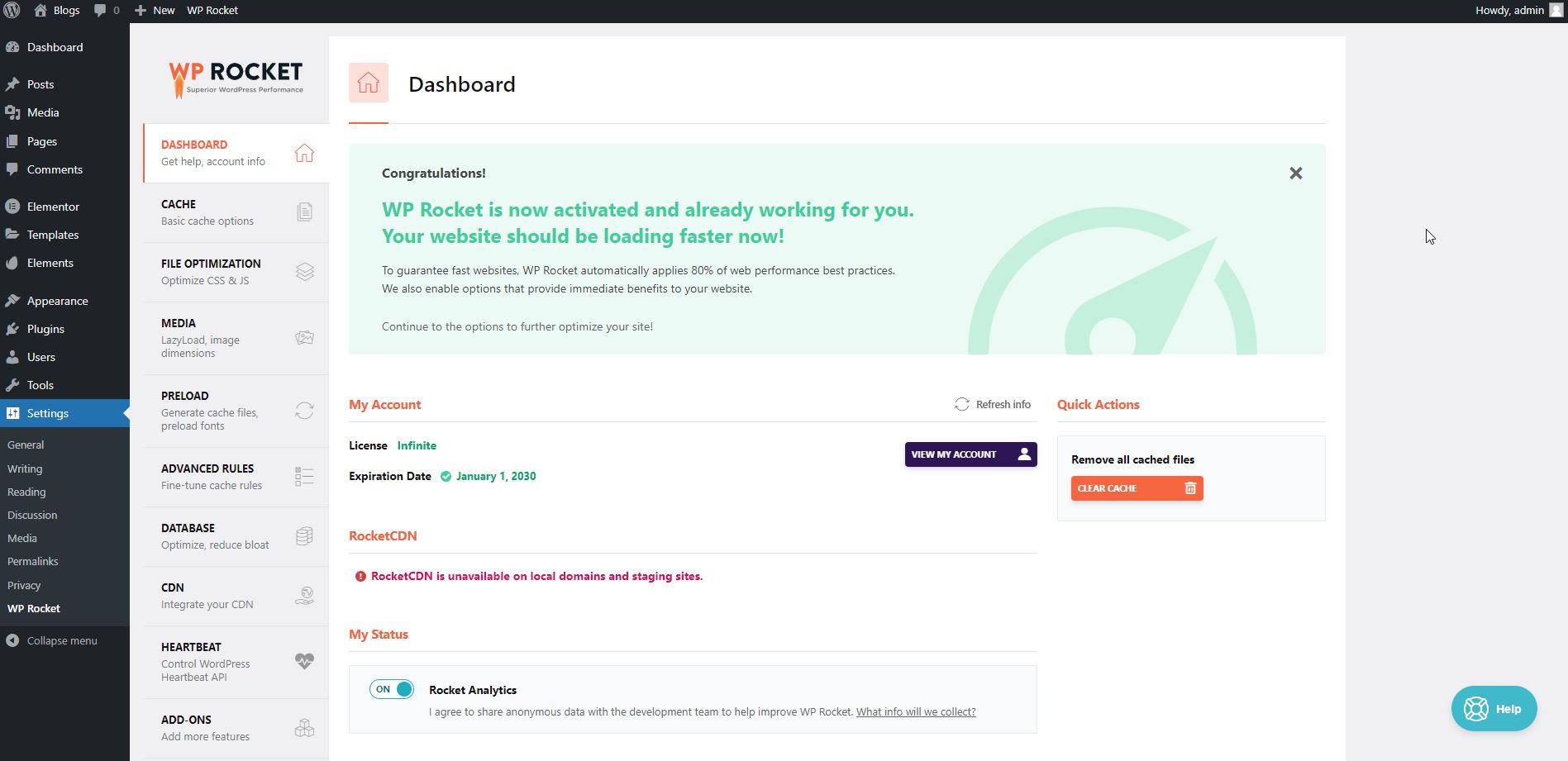
Minifying CSS and JavaScript files involves removing unnecessary characters, white spaces, and comments. This process reduces file sizes, leading to faster loading times. WordPress offers plugins such as Autoptimize and WP Rocket that automatically minify and concatenate these files, improving your site’s speed and performance. Incorporate this step in your “Guide for WordPress Speed Optimization” to optimize CSS and JavaScript files.
Browser caching allows your website’s static files to be stored in visitors’ browsers, making subsequent visits faster by loading cached files instead of retrieving them from the server. WordPress caching plugins usually provide options to enable browser caching with a few clicks, optimizing your site’s performance. Mention the importance of browser caching in your “Guide for WordPress Speed Optimization.”
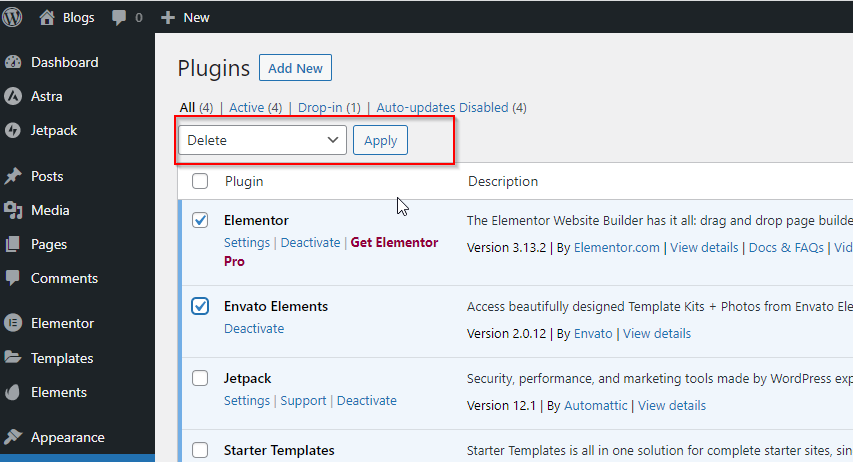
Having an excessive number of plugins and unused themes can slow down your WordPress site. Regularly review your installed plugins and remove any that are no longer necessary. Likewise, delete themes that you don’t use to reduce the server load and potential security risks. In your comprehensive “Guide for WordPress Speed Optimization,” emphasize the significance of removing unnecessary plugins and themes.
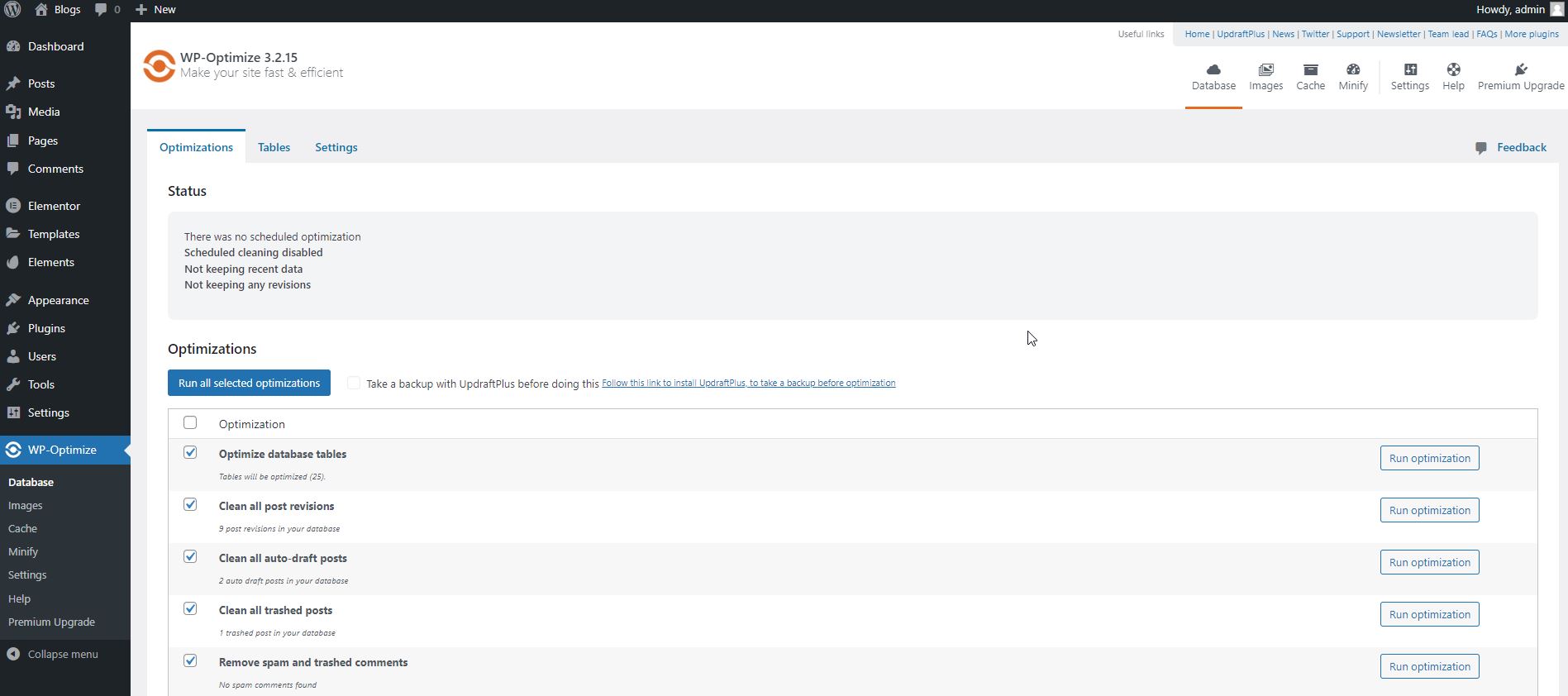
WordPress databases can accumulate unnecessary data over time, leading to slower performance. Use plugins like WP-Optimize or WP Rocket’s database optimization feature to clean up your database, removing spam comments, post revisions, and other unnecessary data, resulting in improved site speed. Don’t forget to include this essential step in your “Guide for WordPress Speed Optimization.”
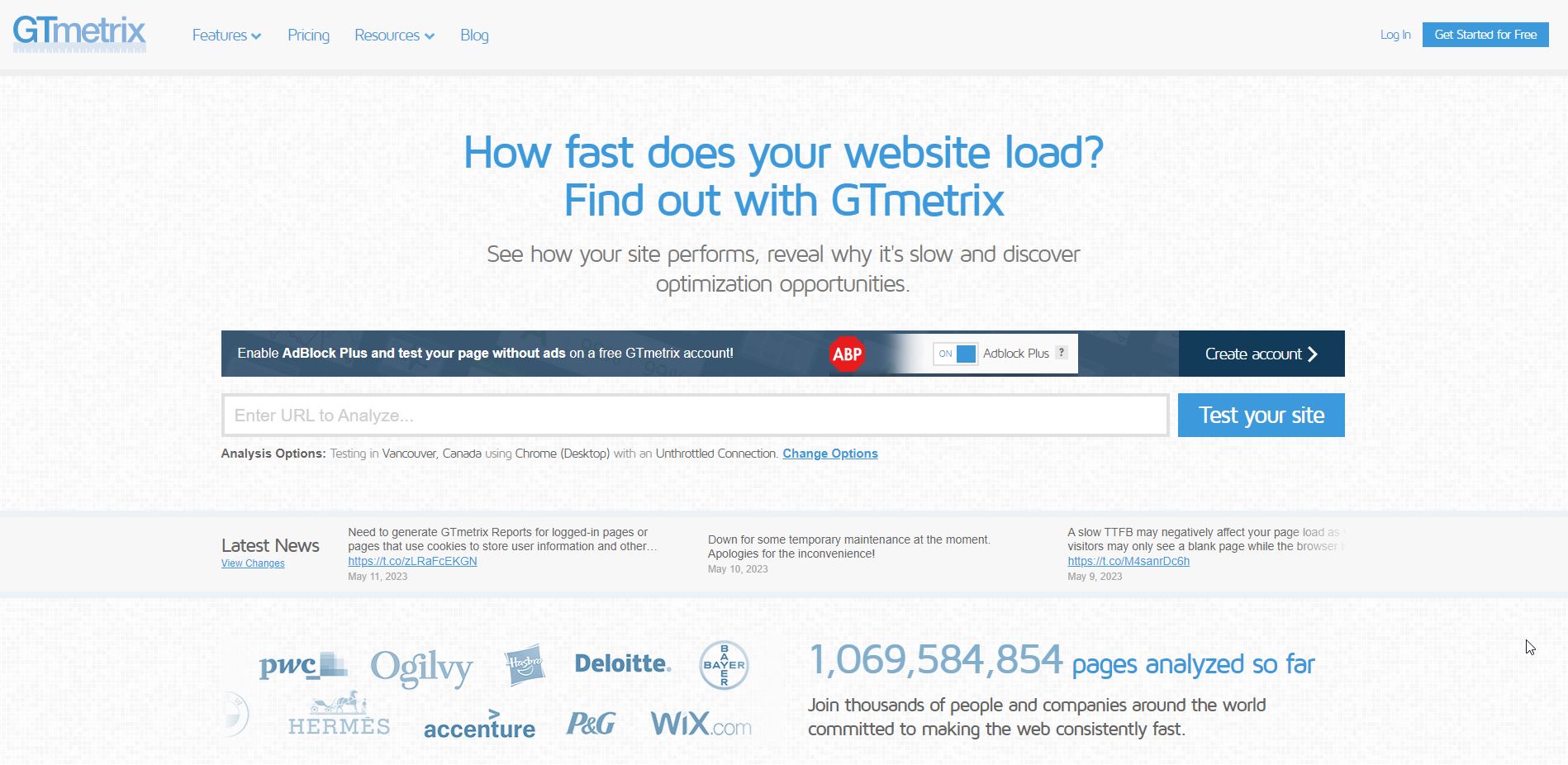
Regularly monitor your website’s speed using tools like Google PageSpeed Insights, GTmetrix, or Pingdom. These tools provide insights into performance bottlenecks and suggest optimizations. Test your site’s speed at different locations and devices to ensure a fast and smooth experience for all users. Monitoring and testing are crucial aspects of your “Guide for WordPress Speed Optimization.”
Enabling Gzip compression on your WordPress website allows files to be compressed before being sent to visitors’ browsers. This reduces the overall file size and speeds up data transfer. Many caching plugins and hosting providers offer Gzip compression options that can be easily enabled with a simple configuration. Mention the importance of enabling Gzip compression in your “Guide for WordPress Speed Optimization.”
By following this comprehensive “Guide for WordPress Speed Optimization,” you can significantly enhance your website’s speed, improving user experience and overall performance.



